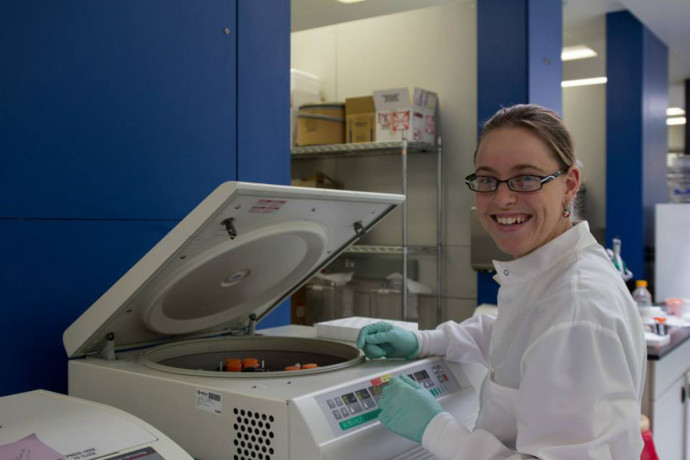Nature and Nurture? Why gout affects one brother and not another

Dr Tanya Major from the University of Otago will investigate why a disease like gout develops in one family member but not another by studying the biological basis of how environmental factors trigger gout flares
Published on 5 November 2019
Have you ever wondered why your sibling has a disease and you do not? Siblings share roughly half of their genes, and are often raised in the same environment. Why, then, does one develop a disease, and the other does not? The answer may lie in how the environment influences gene expression through epigenetics.
Gout is an auto-inflammatory arthritis characterised by sudden flares of extreme, debilitating joint pain. Gout flares are often triggered by environmental factors. These flares are a consequence of the innate immune system (your first defence against infection) inappropriately reacting to non-threatening environmental cues. Gout is therefore a disease influenced by both a person’s genes and their environment. While the inflammatory pathways activated in gout have been well characterised, what initially triggers this inflammation and why it only occurs in some individuals is unknown. Dr Tanya Major has been awarded a Te Pūtea Rangahau a Marsden Fast-Start grant to answer these questions by comparing epigenetic markers on the genes of pairs of brothers and determining whether these change in response to environmental factors such as diet.

Tanya Major. Photo: Ruth Topless
Aotearoa has the highest prevalence of gout in the world. Māori and Pasifika people are at particular risk and experience more severe symptoms and associated diseases. To ensure her research addresses this and is beneficial to all, approximately half of the brothers in Dr Major’s study will be of Māori or Pacific descent. Ultimately, this research has the potential to improve longer-term health outcomes in people with gout.
